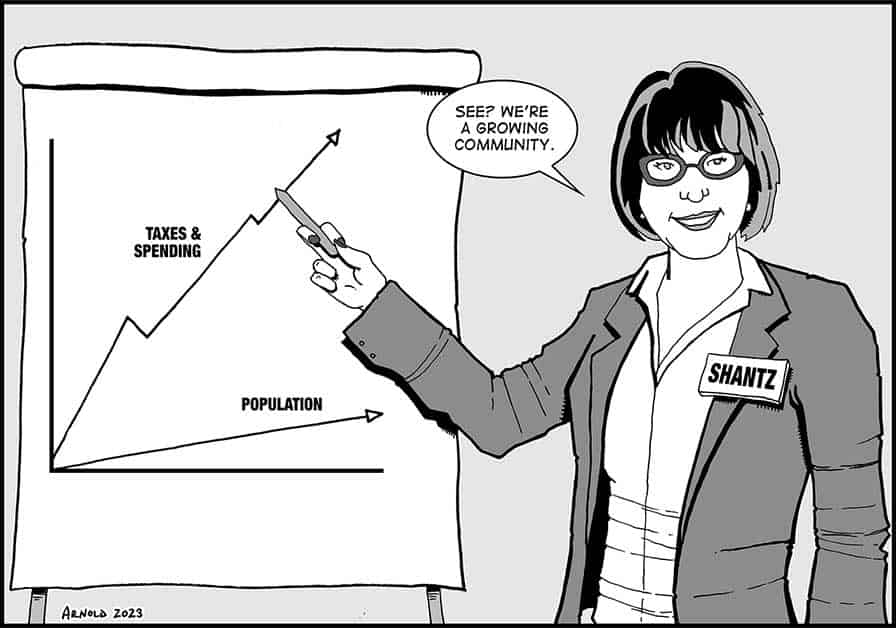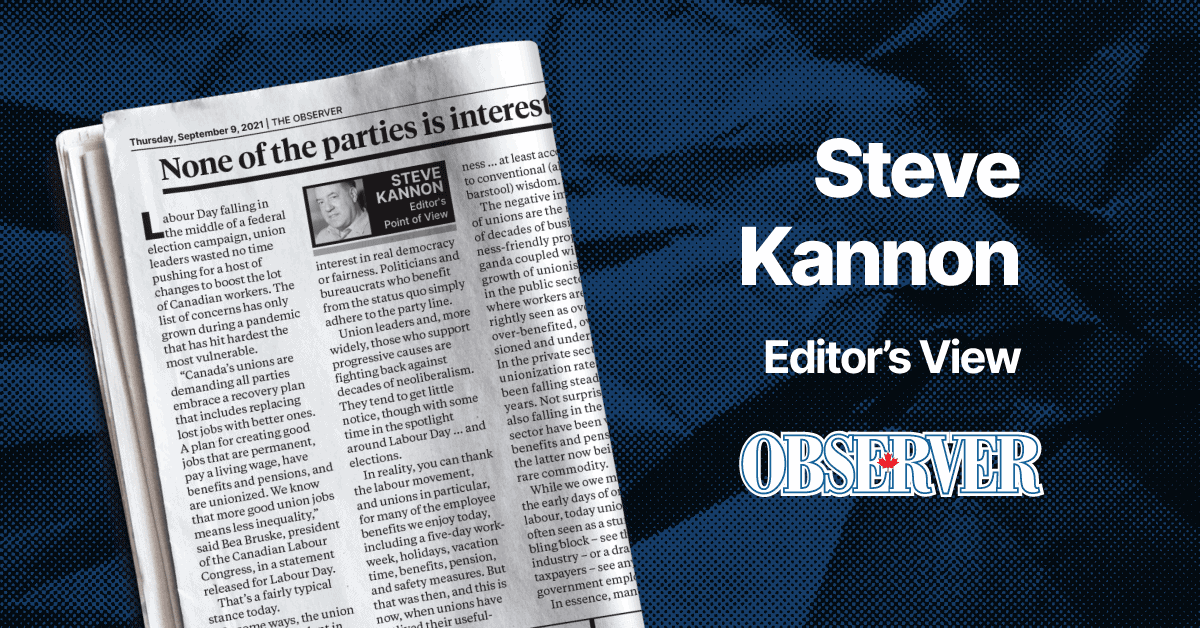;
;
;
Next Article
The View From Here: January 16, 2023

The US has long been the poster child for political tomfoolery, rising inequity and un-ironic hypocrisy, with the current goings-on in Congress being somewhat par for the ever-sinking course. Large swaths of the Republican party that have gone off the deep end see no problem in reversing course from
Last updated on May 03, 23
Posted on Jan 26, 23
4 min read
